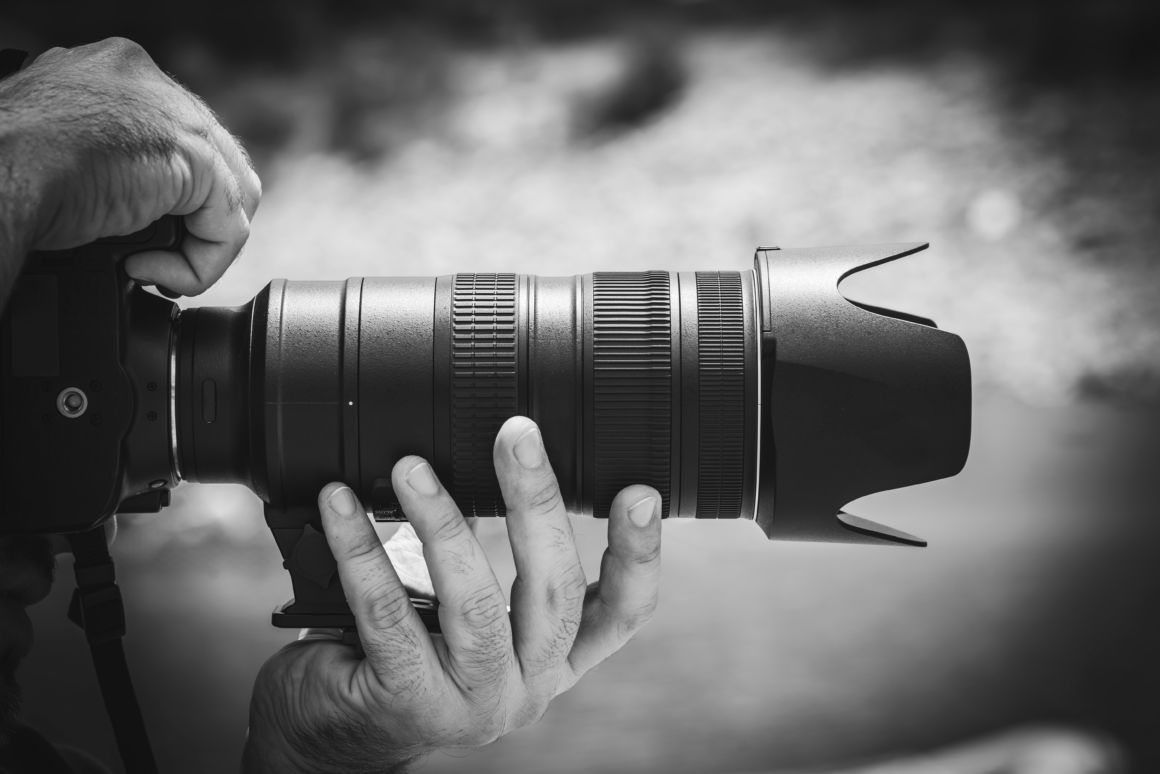Having a record of your most important day is a must have for all married couples. Making sure that your special moments are captured is very high on the wedding list, with professional photographers often brought in to provide high-quality images and video.
Why Become a Wedding Photographer?
Almost anyone can become a wedding photographer and the job itself can be very rewarding. Alongside the benefits of flexible working hours, good pay and the high likelihood of being self-employed, weddings are joyous occasions, where your customers are pretty much guaranteed to be happy. Being surrounded by happy people and often-beautiful locations is only part of it, with many photographers catered for when it comes to food, and who doesn’t love wedding food?
It isn’t all fun and games, however. There is a lot of pressure on photographers to ensure they are capturing every moment and that photos are perfect both from a technical and emotional perspective. Wrangling guests who are likely to be enjoying themselves and not interested in standing around smiling can be difficult and there are often time constraints, with the bride and groom wanting to get on and enjoy their day. Also, you can’t be late, you can’t phone in sick and you certainly can’t under deliver. In the world of social media and online reviews, the most successful wedding photographers build their reputation on not only the quality of their photographs but also the level of service offered. Good social and communication skills are a must and you need to be in control at all times, or else face the risk of missing out an important family member or not being in the right position for the first dance.
Getting the Right Tools for the Job
Ensuring high-quality photographs is only achievable with a very good camera, usually a DSLR. Professional photographers rely on high-resolution cameras and a mixture of lenses and tools to get perfect results. Although cameras are a bit easier to use than in the past, wedding photographers need to know their kit inside out to avoid it falling on them at the vital moment.
As well as a quality camera body and a mixture or short and long lenses, a tripod, metering equipment and a decent bounce flash are vitally important for portrait photography. Investing in pricier gear may be expensive in the short term, but quality equipment will last longer, especially if you are shooting several times a week. Don’t forget to pack lens wipes, filters and of course extra batteries and chargers. The brand or model of camera varies depending on preference, but with quality brands like Canon, Nikon and Sony, it makes absolute sense to ensure your equipment; rainy days, spilled champagne and dropped lenses can quickly leave you out of pocket.
Once you have filled your memory card with pictures, the real work starts. The laborious task of editing photos is the difference between good photos and incredible ones. Investing in a heavy duty photo editing suite such as Lightroom or Photoshop is a must, as it makes the job a lot easier with some cutting edge photo improvement software built in.
So next time you look at a set of wedding photos, take a moment to appreciate that behind the pictures there is a lot of blood, sweat, and tears that got them looking so good.


